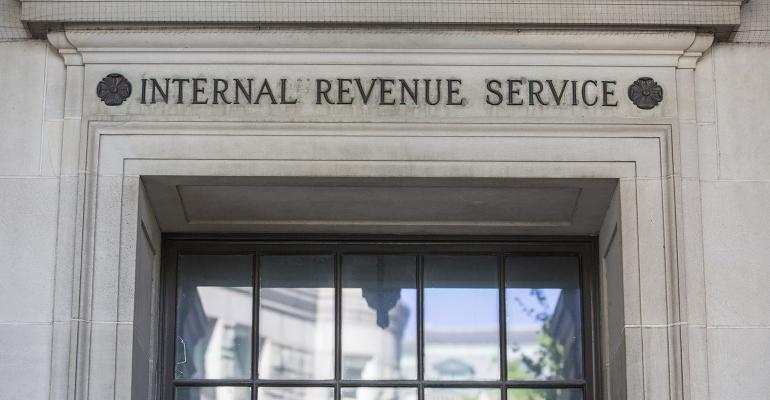On July, 8, 2022, the Internal Revenue Service released Revenue Procedure 2022-32, which provides a simplified method for certain estates to make a late portability election to allow the surviving spouse of the decedent to use the decedent’s unused unified gift and estate tax exemption (that is, the deceased spousal unused exclusion or DSUE). The Revenue Procedure expressly supersedes Rev. Proc. 2017-34, which allowed an estate that wasn’t required to file an estate tax return (due to the value of the gross estate and adjusted taxable gifts being under the filing threshold in Internal Revenue Code Section 6018(a)) to make a late election through the second anniversary of death.
New Requirements for Portability Election
Under the new procedure, the executor of the decedent’s estate may elect for portability of the DSUE to a surviving spouse if: (1) the decedent died after Dec. 31, 2010, (2) the decedent was a citizen or resident on date of death, (3) the decedent’s estate isn’t required to file an estate tax return (that is, the decedent’s estate is below the filing threshold in IRC Section 6018(a)) and (4) the estate didn’t in fact file a timely estate tax return. To avail themselves of the new procedure, the executor of the decedent’s estate is required to file a completed estate tax return on or before the fifth anniversary of the decedent’s date of death, and the top of the return must state: “FILED PURSUANT TO REV. PROC. 2022-32 TO ELECT PORTABILITY UNDER 2010(C)(5)(A).” If the requirements of the revenue procedure are met, the return and the election will be considered timely filed, and the DSUE amount of the decedent is available to the decedent’s surviving spouse (or the estate of the surviving spouse) for application to the surviving spouse’s transfers made on or after the decedent’s date of death. If the IRS later determines that the executor was in fact required to file an estate tax return, the grant of an extension under the new procedure will be void.
Notably, if the increase in the surviving spouse’s exemption amount attributable to the addition of the decedent’s DSUE amount results in an overpayment of gift or estate tax by the surviving spouse (or the survivor’s estate), the statute of limitations under IRC Section 6511(a) still applies (that is, Rev Proc. 2022-32 doesn’t serve to extend the statute of limitations under Section 6511(a) for application of credit or refund). Rev. Proc. 2022-32 states, however, that if the decedent’s estate tax return hasn’t yet been filed to elect portability, the surviving spouse (or the survivor’s estate) may file a protective claim for credit or refund in anticipation of the DSUE, to prevent the survivor from being barred from such credit or refund under the statute of limitations.





